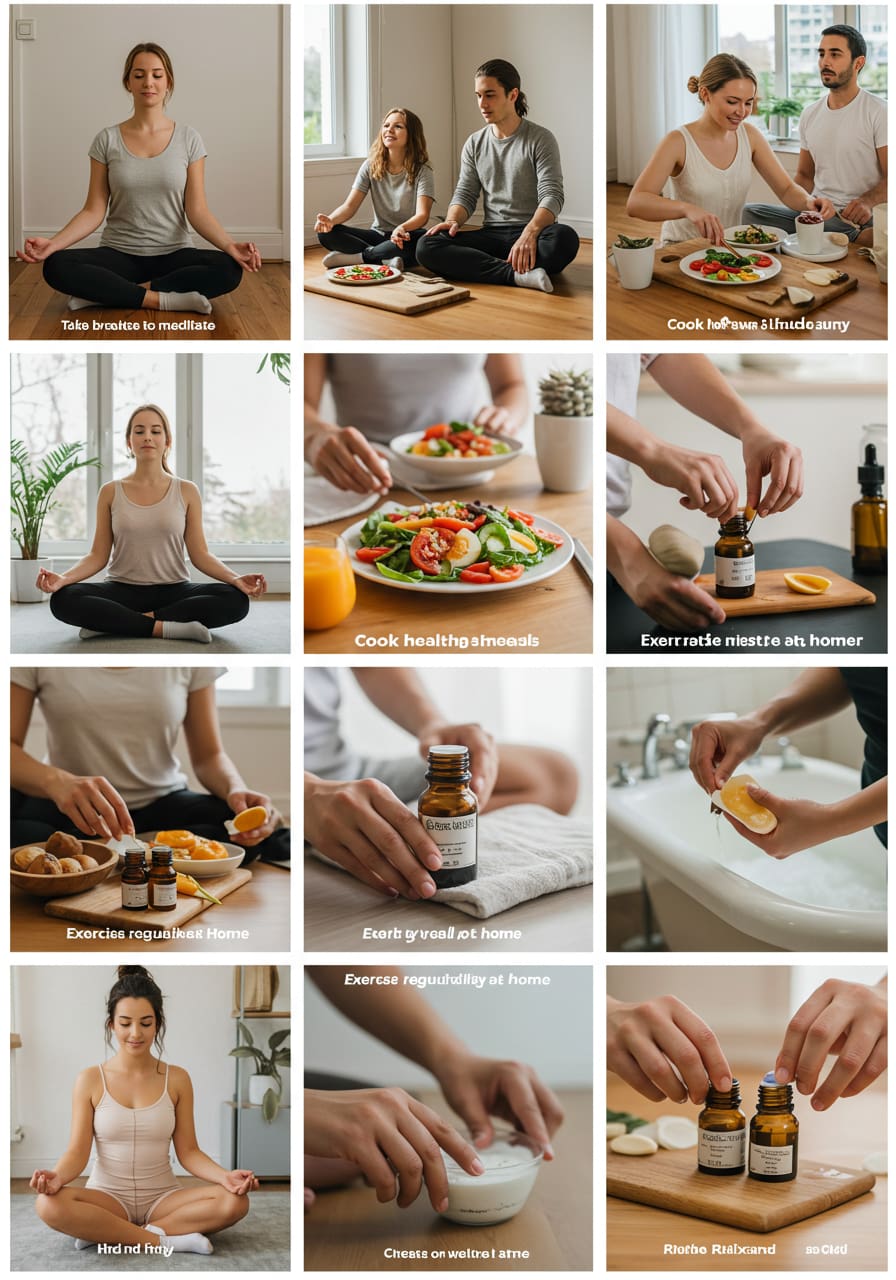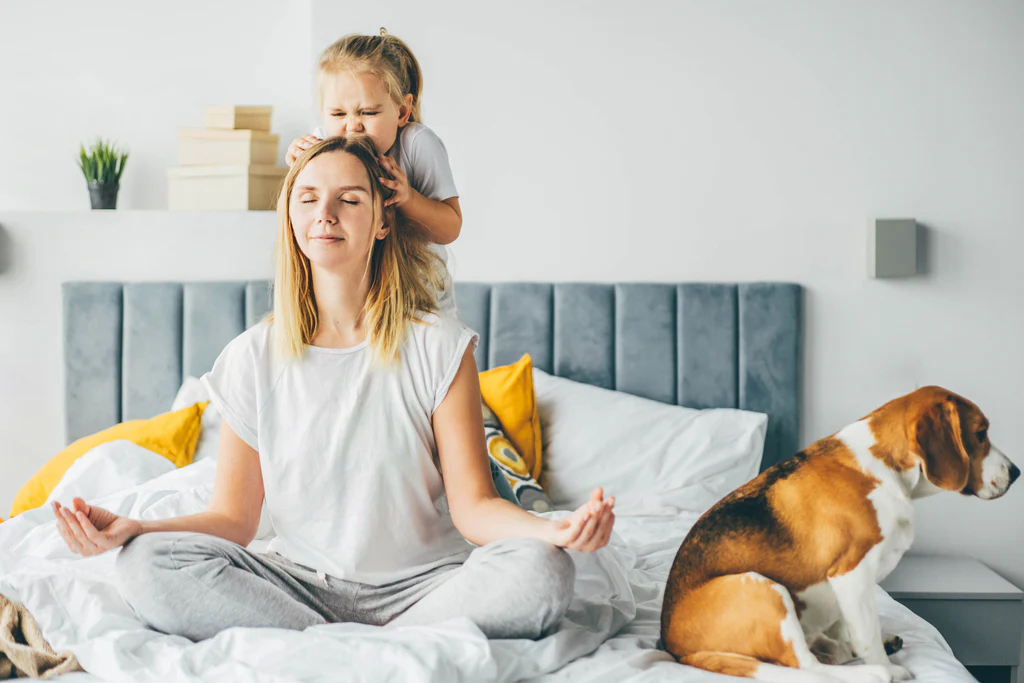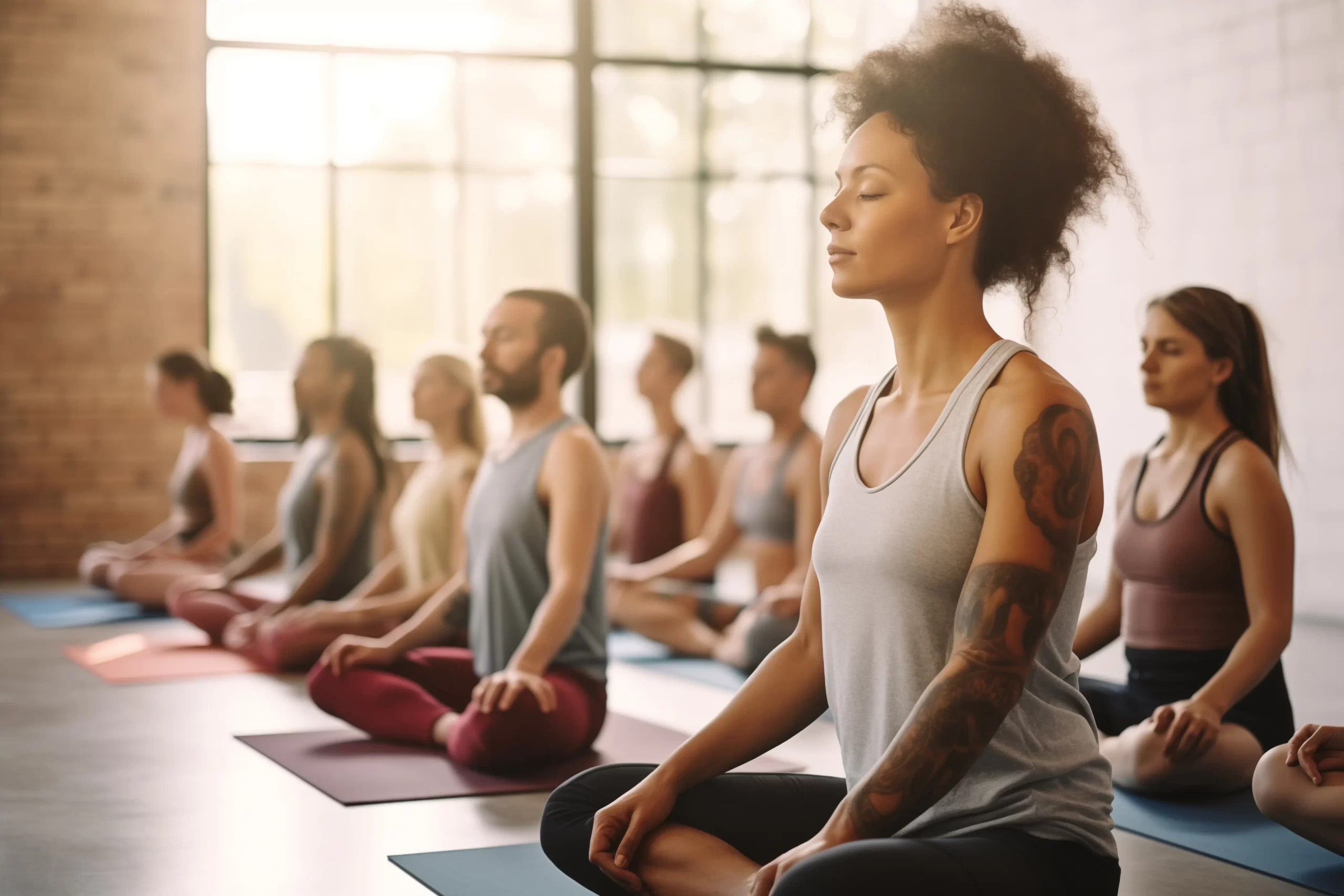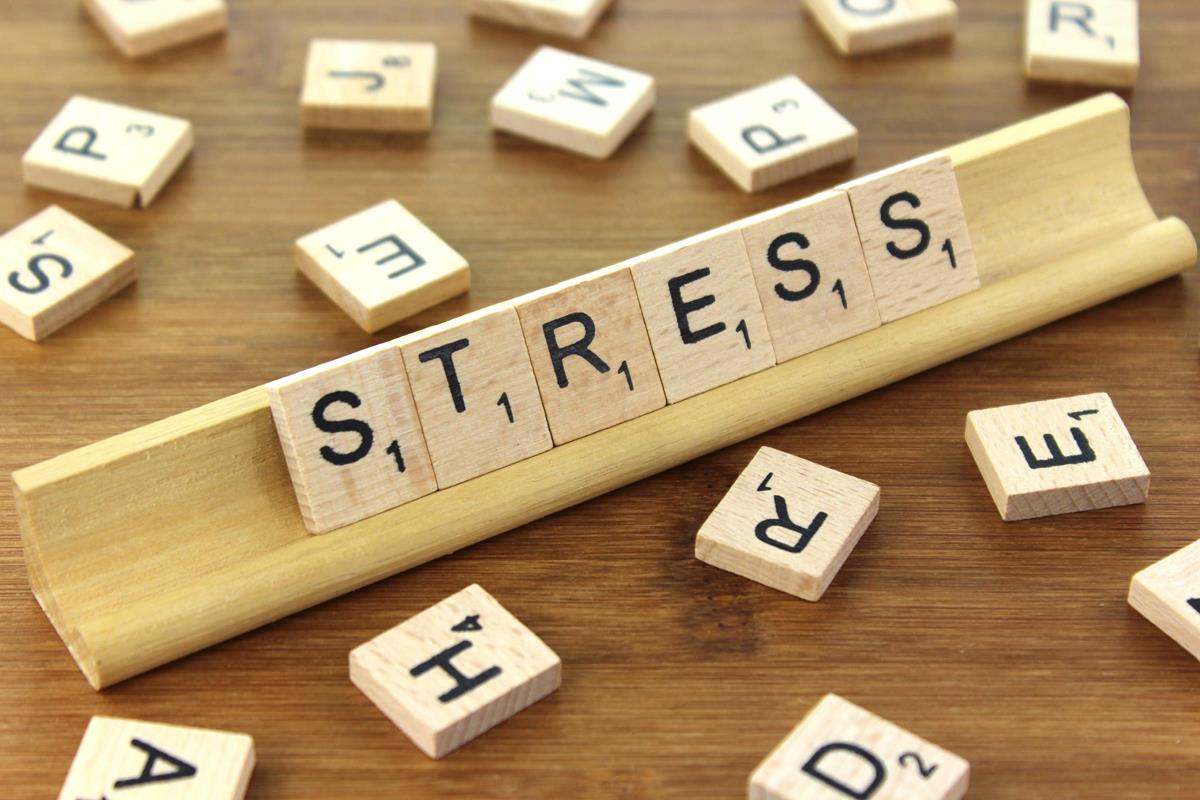
Daily wellness tips for a healthy lifestyle at home
Living a healthy lifestyle doesn’t require a gym membership, fancy equipment, or expensive meal plans. In fact, your home can be the perfect place to start cultivating daily habits that support your physical, mental, and emotional well-being. A few intentional actions each day can lead to lasting health improvements. This guide shares practical, easy-to-follow daily wellness tips for maintaining a balanced, healthy lifestyle from the comfort of your own home.
Start Your Day with a Morning Routine
Establishing a consistent morning routine sets the tone for a productive and healthy day. Include:
-
Hydration: Drink a glass of water to kickstart metabolism
-
Stretching: Loosen your muscles and improve circulation
-
Deep breathing or meditation: Calm your mind before your day begins
-
Healthy breakfast: Fuel your body with nutritious food
Even 20–30 minutes of a simple routine can make a big difference.
Drink Plenty of Water Throughout the Day
Staying hydrated is essential for energy, digestion, skin health, and brain function. Tips to stay on track:
-
Keep a refillable water bottle nearby
-
Add lemon, mint, or cucumber for flavor
-
Use apps or timers to remind you to drink
Aim for 8–10 glasses daily, more if you’re active or in a warm climate.
Eat Balanced, Home-Cooked Meals
Cooking at home gives you control over ingredients and portion sizes. For a balanced plate:
-
Fill half with vegetables and fruits
-
Include lean proteins like eggs, beans, or chicken
-
Choose whole grains such as brown rice or oats
-
Limit sugar, salt, and processed foods
Plan meals in advance to avoid unhealthy last-minute choices.
Move Your Body Regularly
Physical activity is key to long-term health. At home, try:
-
Bodyweight exercises (squats, lunges, push-ups)
-
Yoga or stretching routines for flexibility
-
Dance or Zumba for cardio and fun
-
Online workouts or fitness apps for guided sessions
Just 20–30 minutes of movement a day boosts your mood and energy.
Prioritize Sleep and Rest
A restful sleep cycle helps your body repair and your brain reset. Improve your sleep hygiene by:
-
Going to bed and waking up at the same time daily
-
Avoiding screens 1 hour before bed
-
Keeping your bedroom dark and cool
-
Using white noise or calming music if needed
Aim for 7–9 hours of quality sleep per night.
Practice Mindfulness and Meditation
Your mental wellness is just as important as your physical health. Daily mindfulness can help reduce stress and anxiety. Try:
-
5–10 minutes of guided meditation
-
Journaling your thoughts and gratitude
-
Breathing exercises when feeling overwhelmed
-
Spending quiet time alone to reset
Mindfulness sharpens focus, emotional stability, and resilience.
Take Regular Screen Breaks
Spending too much time on screens can lead to eye strain, fatigue, and stress. To reduce digital overload:
-
Follow the 20-20-20 rule (look at something 20 feet away every 20 minutes for 20 seconds)
-
Get up and stretch every hour
-
Use blue light filters in the evening
-
Designate tech-free zones or times during the day
These breaks improve both eye health and mental clarity.
Keep Your Space Clean and Organized
A tidy environment supports a clear and focused mind. Each day:
-
Make your bed
-
Declutter one small area
-
Wipe down surfaces
-
Open windows for fresh air
A clean home reduces stress and enhances motivation.
Schedule Time for Hobbies and Creativity
Taking time for enjoyable activities fuels happiness and lowers stress. Ideas include:
-
Reading
-
Drawing or painting
-
Gardening
-
Cooking or baking
-
Learning a musical instrument
Make it a goal to spend at least 30 minutes a day doing something you love.
Stay Connected with Loved Ones
Social wellness is a key pillar of overall health. Even at home, stay socially active by:
-
Calling or video chatting with friends and family
-
Sending thoughtful messages or emails
-
Playing online games or sharing meals virtually
Connection combats loneliness and boosts emotional well-being.
Practice Gratitude Daily
Gratitude enhances happiness and reduces stress. Incorporate it by:
-
Keeping a gratitude journal
-
Listing 3 things you’re thankful for each day
-
Sharing appreciation with others
This simple habit shifts your focus to positivity and abundance.
Limit Sugar and Processed Foods
Too much sugar and processed food can lead to fatigue, mood swings, and long-term health issues. At home:
-
Choose fresh, whole foods
-
Read labels to spot hidden sugars
-
Snack on fruits, nuts, and homemade options
-
Cook from scratch when possible
Small swaps lead to major benefits over time.
Protect Your Posture
Working or sitting for long periods at home can hurt your back and neck. Improve posture by:
-
Adjusting your chair and screen height
-
Sitting with feet flat and back supported
-
Taking stretch breaks every hour
-
Doing simple posture-strengthening exercises
Good posture reduces pain and boosts energy levels.
Get Sunlight or Vitamin D
Sunlight supports your immune system and mood. Aim to:
-
Sit near windows with natural light
-
Step outside for 10–20 minutes daily
-
Supplement vitamin D if needed (ask your doctor)
Even indoor sunlight can positively affect your well-being.
Prepare Your Mind for Sleep
A relaxing evening routine promotes deeper rest. Include:
-
Turning off bright lights
-
Listening to soft music or reading a book
-
Avoiding caffeine and heavy meals after 7 PM
-
Practicing meditation or gratitude
This prepares your body and mind for peaceful sleep.
Avoid Multitasking Too Much
Multitasking increases stress and reduces productivity. Try:
-
Using a daily to-do list
-
Prioritizing top tasks
-
Working in focused blocks of time (like Pomodoro method)
-
Taking mindful breaks between tasks
Doing one thing well is more effective than juggling too much at once.
Use Aromatherapy or Natural Scents
Scents can influence your mood and energy. At home, use:
-
Lavender for calm
-
Citrus or peppermint for energy
-
Eucalyptus for clarity
Use essential oils in diffusers or add a few drops to your bath.
Learn Something New Every Day
Daily learning keeps your mind sharp and engaged. Try:
-
Reading a few pages of a book
-
Listening to a podcast
-
Watching a documentary
-
Taking a free online course
Lifelong learning boosts confidence and brain health.
Monitor Your Mental Health
Check in with yourself regularly. Ask:
-
How am I feeling today?
-
What is stressing me out?
-
What can I do to feel better right now?
Don’t hesitate to seek help or talk to a therapist if needed.
Conclusion
Daily wellness isn’t about perfection—it’s about small, consistent habits that help you feel your best. From eating right and moving more to prioritizing rest and mental clarity, creating a healthy lifestyle at home is achievable and rewarding. These simple tips, practiced daily, can transform your health and well-being over time. Remember, even a few minutes a day makes a big difference.
FAQs
How can I stay healthy without leaving home?
Focus on home workouts, clean eating, hydration, and mental wellness practices like journaling or meditation.
What are the easiest wellness habits to start?
Start by drinking more water, taking short walks or stretches, sleeping well, and practicing gratitude.
How do I make a wellness routine stick?
Begin with small, enjoyable habits, be consistent, and track your progress. Building a routine takes time and patience.
Can I be fit without going to the gym?
Yes. Bodyweight exercises, yoga, and online workouts are all effective and can be done at home.
How can I improve my mental wellness daily?
Practice mindfulness, limit screen time, connect with loved ones, and do activities that make you happy.
Sign up with your email and always get notifed of zerodevicesnet Lifestyles latest news!






